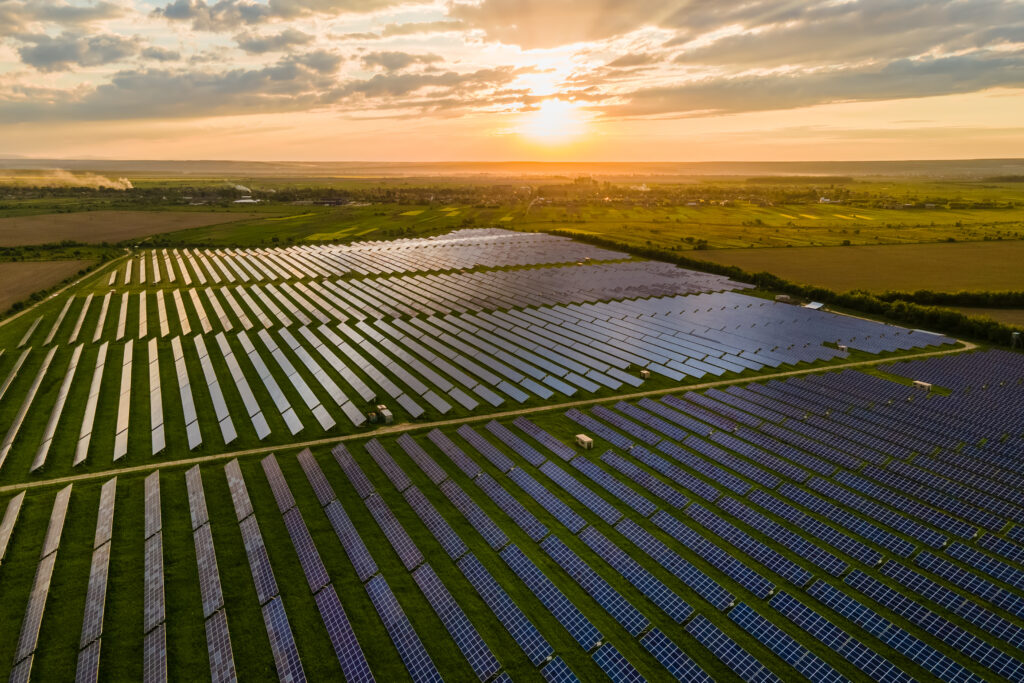



Solar Energy Revolution presents a crucial alternative to fossil fuels, offering substantial environmental benefits. As communities and governments around the globe grapple with climate change and environmental degradation, understanding the positive implications of solar energy becomes essential.
Solar Energy Revolution: Reduction of Greenhouse Gas Emissions
The most significant environmental advantage of Solar Energy Revolution is its potential to drastically reduce greenhouse gas emissions. Fossil fuels, such as coal, oil, and natural gas, release large quantities of carbon dioxide (CO2) and other harmful gases into the atmosphere during combustion. According to the U.S. Energy Information Administration (EIA), the energy sector is one of the largest sources of global greenhouse gas emissions.
On the other hand, Solar Energy Revolution provides a way to generate electricity without combustion. When solar panels convert sunlight into electricity, they produce no emissions during operation. This transition from fossil fuels to solar energy can significantly mitigate the impact of climate change, as studies show that solar energy could reduce emissions by billions of tons annually.
Conservation of Water Resources
Water scarcity is a critical issue in many regions, influenced by the demand for water in traditional energy production processes. For instance, fossil fuel extraction, refining, and combustion require vast amounts of water for cooling and processing. The fossil fuel industry can deplete local water supplies and pollute nearby bodies of water.
Solar energy systems, especially photovoltaic (PV) panels, notably utilize minimal water during operation. Most solar plants do not require water, except for occasional cleaning. This water conservation aspect makes solar energy particularly attractive in arid regions where water is scarce.
Minimal Land Impact
While some people argue that solar farms require significant land space, the reality is that solar installations can be integrated into existing structures. Rooftops, parking lots, and brownfields can host solar panels, thereby reducing the need for additional land use.
Moreover, solar panels can coexist with agriculture, a practice known as agrivoltaics. This system allows farmers to produce food and generate renewable energy simultaneously, maximizing land efficiency. Contrastingly, fossil fuel operations often lead to habitat destruction, deforestation, and land degradation.
Sustainable Energy Resource
Solar Energy Revolution provides energy that is inherently renewable and sustainable. The sun provides ample energy, far exceeding the world’s current energy consumption needs. This energy source is available almost everywhere and will be accessible for the foreseeable future, unlike fossil fuels, which are finite and subject to depletion.
Transitioning to solar energy can also reduce dependence on foreign energy supplies, enhancing energy security. As various nations strive to achieve energy independence, solar energy represents a viable path to self-sufficiency.
Improved Air Quality
Transitioning to solar energy can lead to improved air quality. Fossil fuel combustion releases pollutants such as sulfur dioxide (SO2), nitrogen oxides (NOx), and particulate matter, contributing to respiratory issues and other health problems. The World Health Organization (WHO) attributes millions of premature deaths annually to air pollution.
Solar Energy Revolution reduces these harmful emissions from power generation. A study published by the National Renewable Energy Laboratory (NREL) found that increasing the share of solar energy could result in significant health benefits and reduce healthcare costs associated with pollution-related diseases.
Economic Benefits and Job Creation
Investing in solar energy can stimulate economic growth. The solar industry has seen explosive job growth; as of 2021, solar jobs accounted for over 250,000 positions in the United States alone. Growth in the solar sector promotes economic diversification and resilience by supporting local businesses and job creation.
The decline in costs associated with solar technologies further enhances its appeal. As technologies improve and production scales up, the costs of solar panels have decreased dramatically. This is beneficial not just for homeowners but also for small businesses that can benefit from lower energy costs.
Conclusion
The Solar Energy Revolution has clear and compelling benefits over fossil fuels . Solar energy reduces greenhouse gas emissions, conserves water, positively impacts land use, improves air quality, and offers economic opportunities. Solar Energy Revolution not only addresses urgent environmental challenges but also paves the way for a sustainable energy future.
As the world continues to seek solutions to combat climate change, the integration of solar energy into our energy systems stands out as a vital step forward.
For more insights into renewable energy, visit Andromeda Energy’s Blog. For a deeper understanding, check out these related articles:
- The Future of Solar Energy: Trends and Technologies
- How Solar Energy Can Lead to Sustainable Development
- The Benefits of Renewable Energy for Our Environment
For more information on renewable energy, visit Andromeda Energy.
For Further Detail
https://www.renewableenergyworld.com/


Leave a Reply